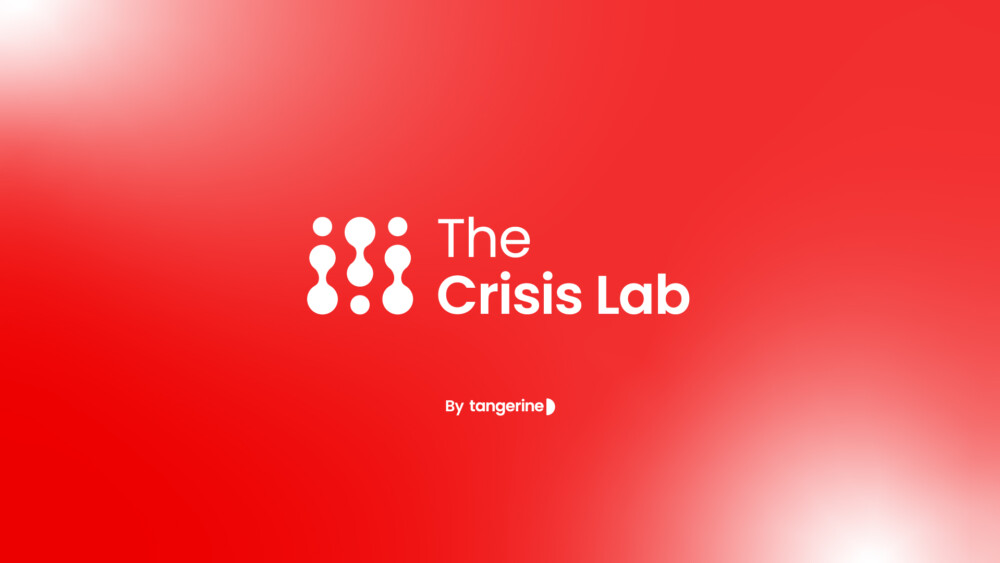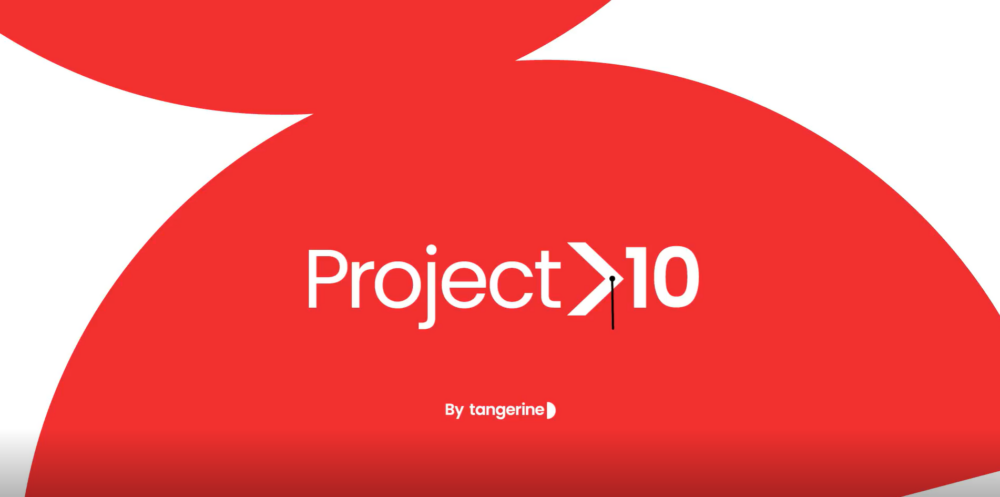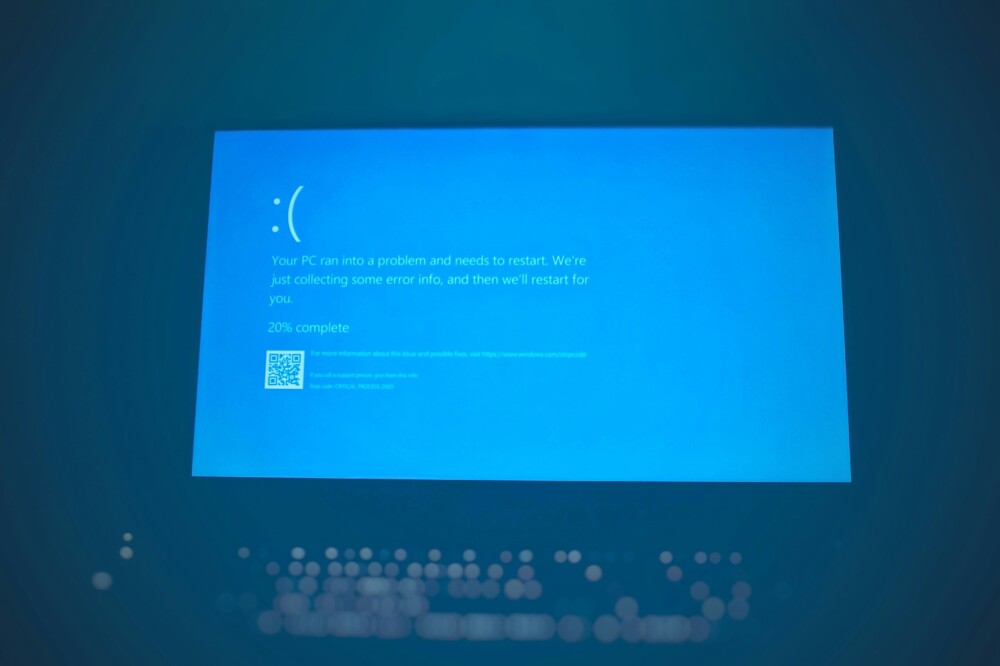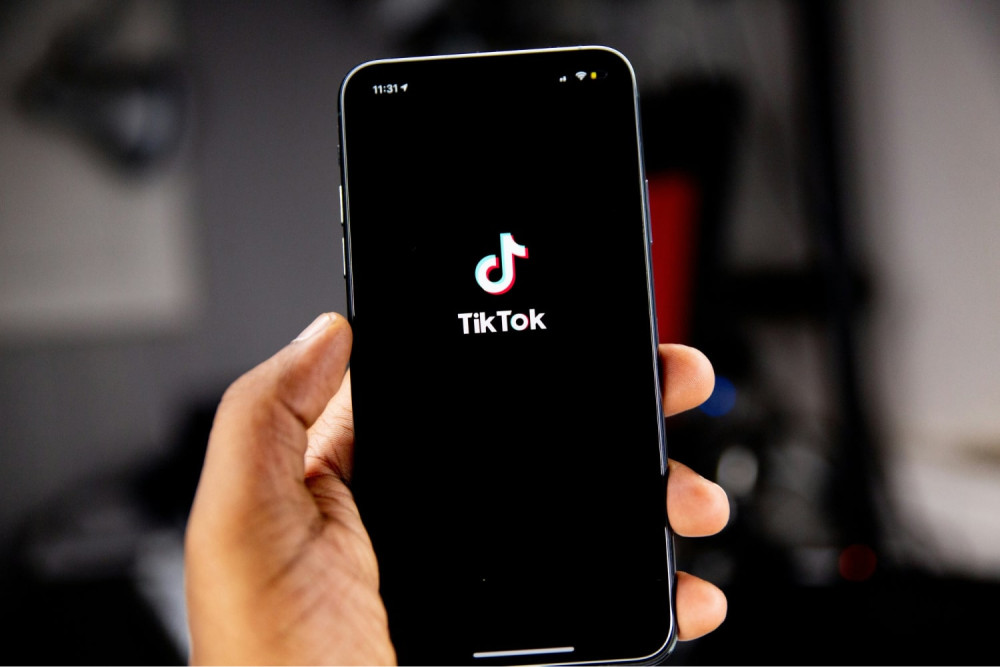Why cyber attacks need to be a core pillar of your crisis comms strategy
It has been an intense few weeks for the communications teams (and a fair few other teams) at UK retail giants M&S, Co-op, and Harrods, all of whom have been targeted by cyber attacks.
The services of all three retailers were affected to varying levels, and it fell to senior leadership, ably supported by their comms teams, to update customers and other stakeholders on how the attack impacted (and continue to impact in some cases) them, as well as the business as a whole.
These are big businesses, with significant cyber security and communications operations, but all of them were disrupted to differing degrees by these attacks. This should be a wakeup call for businesses of all sizes – large-scale cyber attacks like these embolden other copycats, and also give the green light for smaller bad actors to target smaller operations.
If you haven’t considered a cyber attack in your crisis communications plan, it’s time to, because this is a situation that a one-size-fits-all strategy won’t flex to accommodate. Cyber attacks bring unique threats and disruptions that you need an answer to, even if it’s the first time that you’re facing them.
These events are unique in their ability to disrupt all of a business’s operations simultaneously, including the infrastructure that comms teams use to execute a crisis strategy. For example, you must have a plan B that involves setting up alternative lines of communication in the business when laptops become glorified doorstops.
This doesn’t just go for the inner circle (comms, IT, C-suite, investors); you need a way to provide information and instructions to all employees on how to handle incoming requests from media and customers. Even if this advice is to keep shtum and direct journalists to official spokespeople, you still need a way to communicate that message. So, make it part of how you stress-test your crisis strategy – try to operate it without using all of your regular systems, and find suitable alternatives that all teams will still recognise as authentic.
A cyber attack will also mean looking more closely at the statements you’re releasing to key stakeholders and the media, and adding in extra rounds of approval from external parties. It may be tempting to attempt to provide as much information as possible to stakeholders and customers, but offering false reassurance before the extent of the damage is clear can make the situation worse.
Given the criminal nature of cyber attacks, you should also be working closely with local authorities to ensure that any statements you make to the media don’t prejudice ongoing investigations and align with their key messages and processes.
A serious cyber attack will be a day you’ll never forget as a comms professional, and it’s one that you need to start preparing for now. Responding to this specific, growing threat needs to be a core pillar of your crisis comms strategy, because an off-the-shelf response simply won’t cut it, and leaves your brand at risk.
We’ve created an AI-powered crisis simulator – The Crisis Lab – to help you uncover threats relevant to your business and test the resilience of your crisis communications strategy.
Get in touch to give it a go: luke.mcdowell@tangerinecomms.com
Attention Please!
-
2026-02-13
 B2B
B2BWhy Futurism and Foresight Are Becoming Essential Tools for Brands
-
2026-02-11
 B2B
B2B2016 vs 2026: What’s changed in construction PR?
-
2025-12-12
 B2BEventsTangerine
B2BEventsTangerineTangerine celebrates Manchester’s leading tech innovators
-
2025-10-31
 B2BEventsTangerine
B2BEventsTangerineTangerine creates a platform for the next wave of tech innovators
-
2025-10-24
 AwardsTangerine
AwardsTangerineTangerine takes home FIVE more awards
-
2025-10-20
 B2BCorporate
B2BCorporateWhy the internet breaking needs to be in your crisis preparedness plan
-
2025-10-16
 AwardsTangerine
AwardsTangerineTangerine wins Best Agency Outside London at PRWeek Awards 2025
-
2025-10-10
 B2BCorporateEventsTangerine
B2BCorporateEventsTangerineForget the conference podium. Politics is now a performance.
-
2025-10-06
 ConsumerCreativeIntelTangerine
ConsumerCreativeIntelTangerineNew campaign from TENA Women takes action to keep 4.2 million women in sport
-
2025-09-18
 B2BCorporateTangerine
B2BCorporateTangerineCrisis Preparedness in 2025: Managing Client Reputation
-
2025-09-09
 B2BCorporateTangerine
B2BCorporateTangerineStrategy has always been the heartbeat of corporate PR
-
2025-09-04
 B2BCorporateTangerine
B2BCorporateTangerine5 Tips for Working with Construction Influencers
-
2025-08-05
 B2BCorporateTangerine
B2BCorporateTangerineTangerine grows B2B and Corporate offer with new tech and real estate team
-
2025-07-25
 Tangerine
TangerineInstagram is testing unlockable reels – what brands need to know
-
2025-07-24
 AwardsTangerine
AwardsTangerineBest Worst Team scores double at the Creative Moment Awards
-
2025-07-24
 AwardsTangerine
AwardsTangerineThree shortlist spots for Tangerine at the PRWeek Awards
-
2025-07-24
 AwardsTangerine
AwardsTangerineA hat-trick at the Marketing Week Awards
-
2025-07-09
 AwardsTangerine
AwardsTangerineTangerine Launches ‘The Boredom Board’ with New Client The Works
-
2025-07-07
 AwardsTangerine
AwardsTangerineWhy brand and talent alignment really matters
-
2025-07-07
 Tangerine
TangerineFrom Picture Frames to PR: Why Career Changers Are the Secret Weapon Agencies Didn’t Know They Needed!
-
2025-07-01
 Tangerine
TangerineTangerine’s £1.2M AI investment sets new standard for brand attention
-
2025-05-22
 Tangerine
TangerineDEI is dead, long live DEI? How communications can keep doing the right thing
-
2025-05-16
 B2BTangerine
B2BTangerineHow PR & Comms Can Support the Future of the Construction Industry
-
2025-05-06
 Tangerine
TangerineWhy cyber attacks need to be a core pillar of your crisis comms strategy
-
2025-05-06
 CorporateTangerine
CorporateTangerineIntroducing The Crisis Lab
-
2025-04-25
 ConsumerTangerine
ConsumerTangerineTangerine Communications partners with Horlicks for exciting 2025 campaign
-
2025-02-20
 AwardsTangerine
AwardsTangerineAwards, ambitions, and what’s next
-
2025-02-10
 Tangerine
TangerineNational Apprenticeship Week
-
2025-01-08
 Intel
IntelWhat the shift to community-driven content moderation on Meta means for brands in the US
-
2024-12-03
 Awards
AwardsChange is the only constant
-
2024-11-04
 B2B
B2BHow Labour are framing the Autumn Budget through strategic comms
-
2024-08-08
 B2B
B2BForget silly season. It’s time to capture attention.
-
2024-07-29
 Awards
AwardsTangerine Communications receives a double win at the UK Content Awards
-
2024-07-11
 Intel
IntelMAD//FEST debrief: learnings for PR and social
-
2024-06-26
 Intel
IntelKey takeaways from Cannes
-
2024-06-18
 Consumer
ConsumerWorking with influencers in 2024: act fast, be lucky, trust your gut
-
2024-05-01
 Intel
IntelWhy gaming is the next big opportunity for brands: key takeaways from Campaign’s Gaming Summit
-
2024-03-28
 Creative
CreativeThe future of branded video content? Let your brand take a backseat.
-
2024-03-21
 Intel
IntelThreads is finally adding a ‘Trending Now’ section for all U.S. users
-
2024-03-20
 Tangerine
TangerineThree simple ways to make content more accessible for neurodivergent audiences
-
2024-03-14
 Intel
IntelThe Attention Revolution: How to Break the Rules and Win in Social Media Marketing
-
2024-03-14
 Intel
IntelIs the US Banning TikTok and could the UK be Next?
-
2024-03-07
 Intel
IntelElon Musk says X (Twitter) will hide Likes an Repost Metrics from Timeline
-
2024-02-02
 Intel
IntelUniversal Music’s Standoff with TikTok: Implications for Marketers an Artists
-
2024-01-31
 Creative
CreativeFive Inclusive Marketing Tips You’ll Not Want to Miss in 2024
-
2024-01-15
 Intel
IntelThe Cookies Crumbles, but Delicious Opportunities Arise: Your Social Media Strategy in a Post-Cookie World.
-
2023-12-19
 B2B
B2BHow to Make it Count at B2B Events
-
2023-05-25
 Creative
CreativeFilming Content on Another Continent
-
2023-03-29
 Creative
Creative8 Unmissable Reactive Moments in 2023

















































